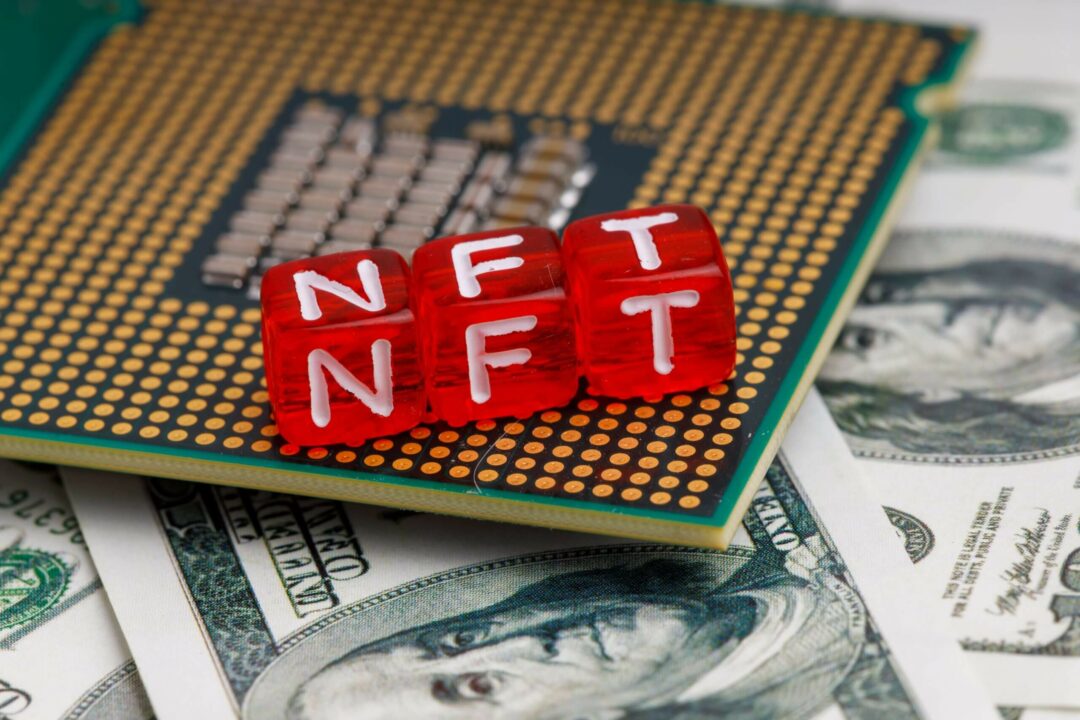FEBRUARY 24, 2022
What Is an NFT and How Do You Transfer Ownership of NFTs at Death?

NFTs have garnered a significant degree of popularity in recent years, particularly among the Gen-Z and younger millennial crowd. While they are relatively new to the financial and online scene and have garnered a degree of controversy with questions surrounding digital value, more celebrities and companies are starting to get on board with NFTs, as well as for cryptocurrencies and other blockchain technologies. Though we still cannot foresee how digital assets will reshape our world, it is starting to become clear that digital assets are here to stay.
The question thus arises: In the event that you add cryptocurrencies or NFTs to your investment portfolio, how do you transfer ownership of NFTs at death? Furthermore, what steps can you take to ensure that your investments are protected and that the transfer of your digital assets to your beneficiaries is seamless and secure? The answers lie in including your NFTS and other digital assets in your estate plan.
But, first off, it is important to understand what NFTs are. That way, you will be better able to appreciate why it is you need to protect them.
What is an NFT?
Non-fungible tokens (NFTs) are cryptographic assets on blockchain that have unique identification codes and metadata that distinguish them from one another. NFTs are not cryptocurrency, meaning they cannot be traded or exchanged at equivalency. They are not a medium of exchange; each NFT has its own value.
Additionally, NFTs cannot be replicated; they represent real-world items like art or real estate. At the present time, NFTs generally center around collectibles, such as digital artwork, sports cards, and other rarities, and can only be purchased with ether.
“Tokenizing” tangible assets increases efficiency in trading while reducing the probability of fraud. NFTs can also be used to represent individuals’ identities, property rights, and more. They remove intermediaries between artists and audiences, simplifying transactions and creating new markets.
Why should you include NFTs in your estate planning?
One significant premise surrounding NFTs and other digital assets is decentralization: While, in contrast, cryptocurrencies remove banks as intermediaries from financial transactions, NFTs remove intermediaries, such as agents, from transactions between artists and audiences. This improves market efficiency, reinventing the infrastructure of trading and loaning assets, combining digital representations of physical assets with blockchain technology that is highly difficult to counterfeit.
Each NFT can be likened to a digital passport, with each token containing a unique, non-transferable identity that distinguishes one from another. Every NFT contains ownership details for easy identification and transference between token holders. The problem is that there is no centralized registry of who owns which NFT. NFTs can typically only be accessed using a password or key, meaning that whoever possesses the key owns the token.
This information would need to be passed onto your beneficiaries for them to be able to access your NFTs upon your death. To do so requires estate planning. To pass on digital assets such as cryptocurrencies and NFTs, you can create a digital legacy detailing the necessary information for accessing your assets, such as passwords to keys and digital wallets.
Such information should be kept private, but it also needs to be clear in your estate plan that your beneficiaries are able to access your digital assets. One route you can take is to give this information to a trusted advisor or executor and make it clear that these assets exist and are in your possession. That way, they will not be forgotten or lost forever.
Deciding what information to provide in your digital legacy is crucial because a blanket authorization for everyone in your estate may not necessarily be the best course of action. Many people are still unaware of how to approach and treat digital assets and may think to liquidate your assets or sell your NFTs as soon as possible, which may not be the best decision. Instead, consider designating in your estate plan which assets should be accessible at your time of death, and protect your digital assets by being clear in outlining how and when NFTs should be sold.
How do you transfer ownership of NFTs at death?
Although it is possible to include digital assets in your will, given the volatility of NFTs and how valuable an NFT can become (or how quickly it can lose value), you may wish to consider placing your digital assets in a trust. Trusts can offer valuable protective measures to NFTs. An irrevocable trust specifically can make NFTs unreachable to creditors and the ex-spouses of beneficiaries by removing your access to them during your lifetime.
Some businesses are offering alternative options to make the transfer of ownership of digital assets more seamless after death, such as the creation of backup keys through multi-sig (multiple signature) wallets, in case of emergencies. Even so, a thorough estate plan can offer the most comprehensive protection to decedents and their beneficiaries.
Talk to a Seattle estate planning lawyer who knows how to include NFTs in your estate plan.
How to include NFTs in an estate plan is a relatively new concept and one that should be handled with attention and care by diligent and experienced estate planning attorneys. Our Seattle team of estate planning lawyers is familiar with digital assets and how to protect them upon death. Give us a call today to get started on your estate plan.
Stay up to date
Subscribe to our newsletters
Subscribe to one or more of our newsletters, delivering meaningful insight on topics that matter to you and your family.





